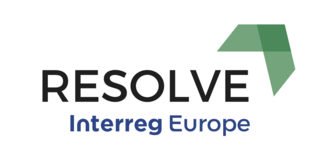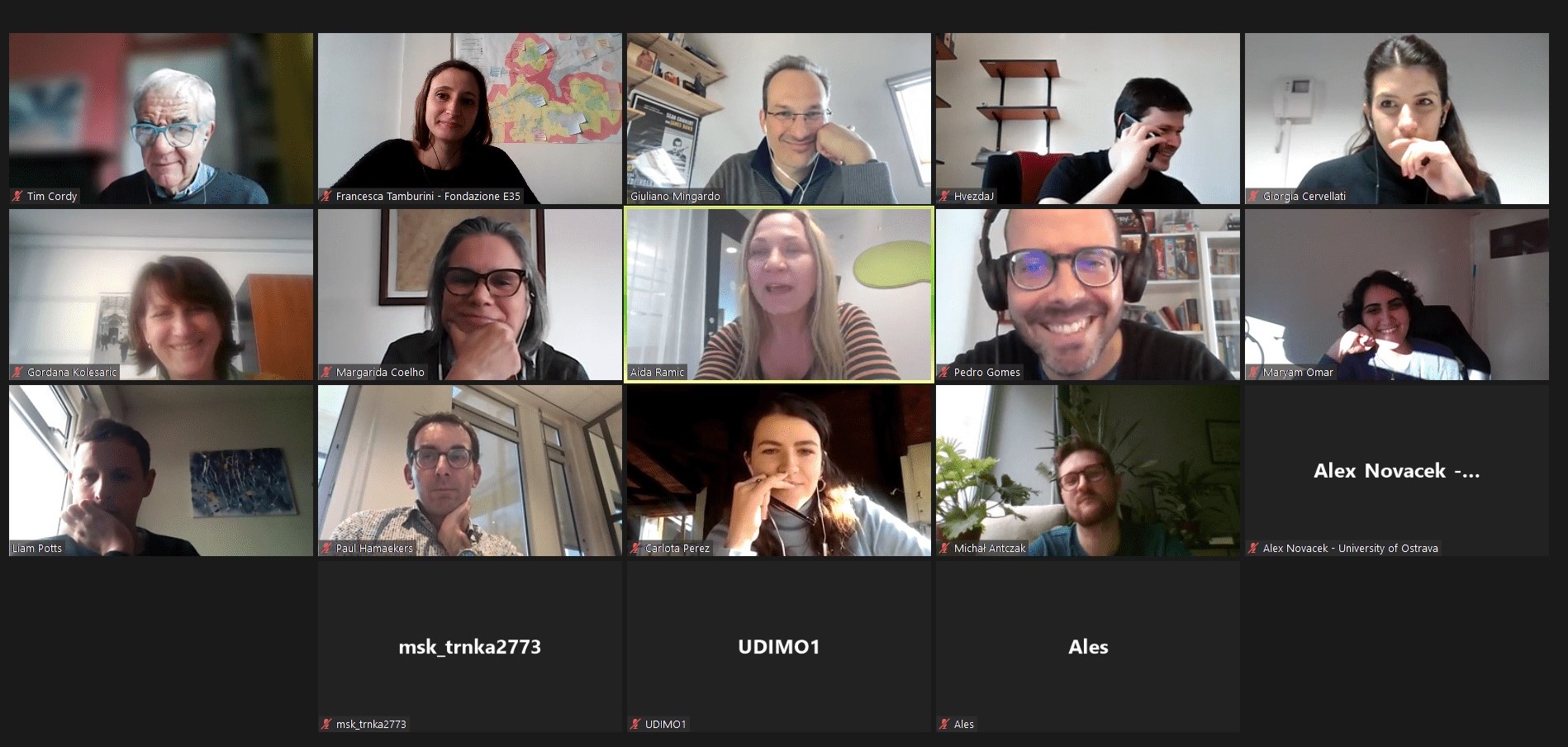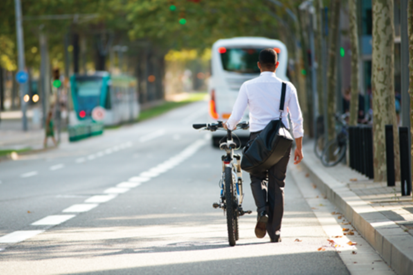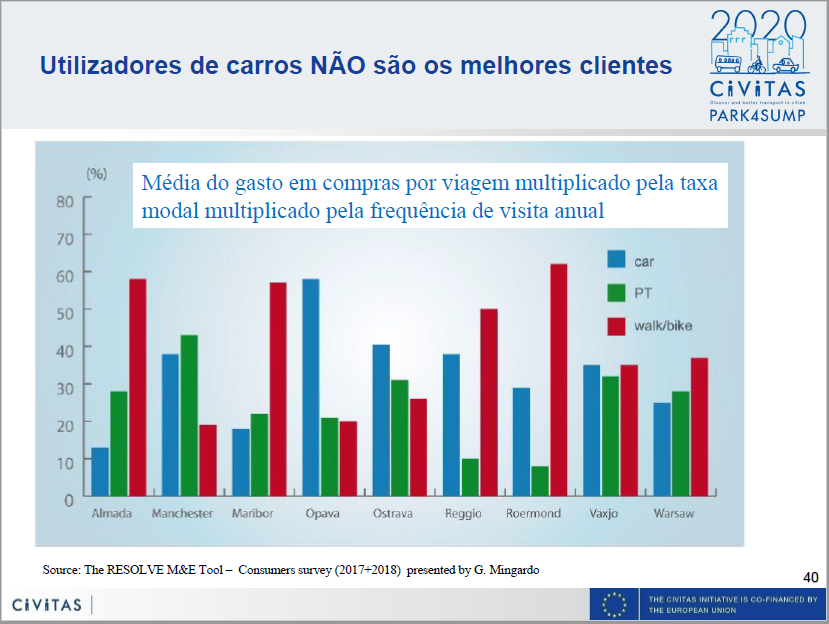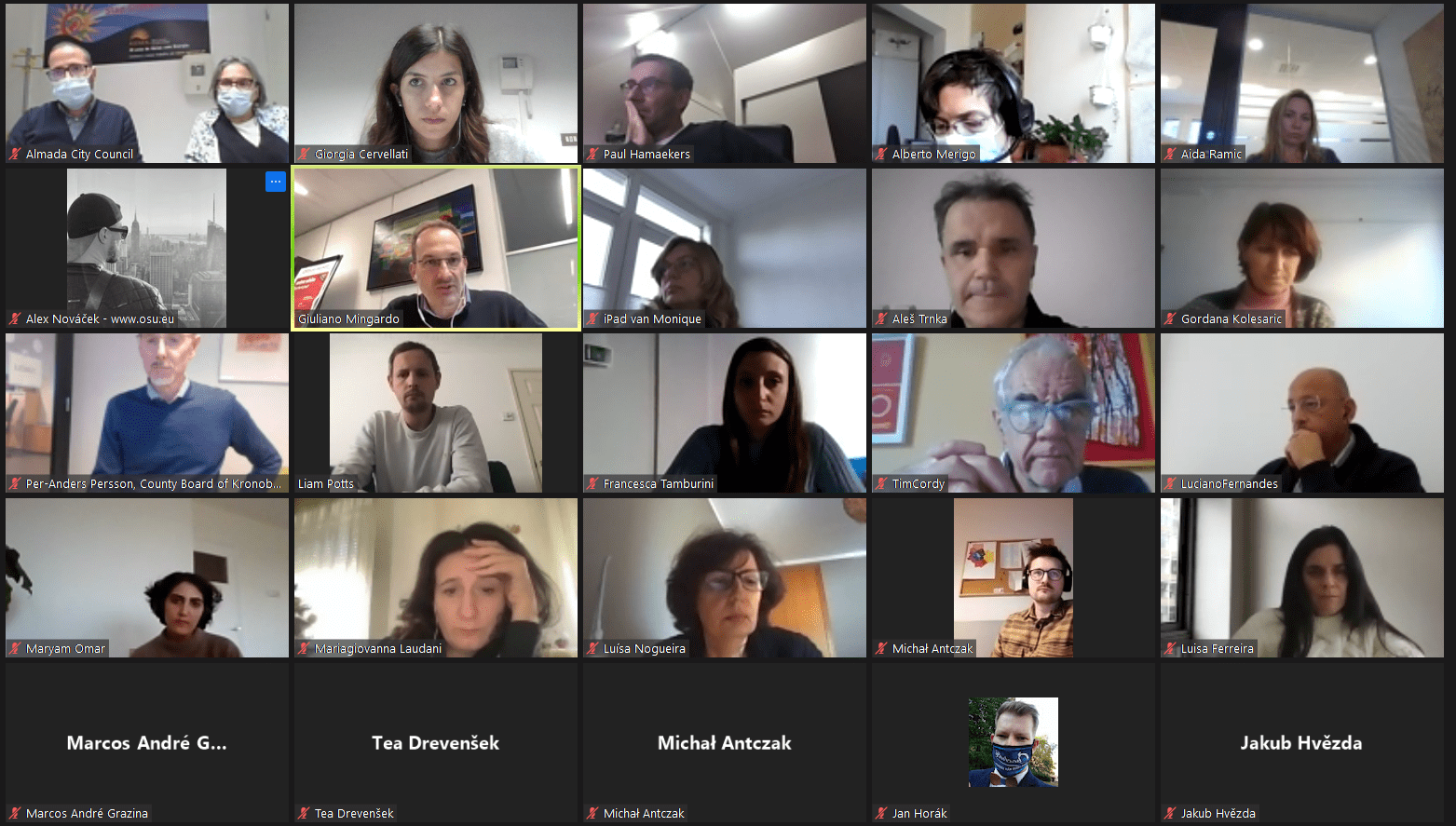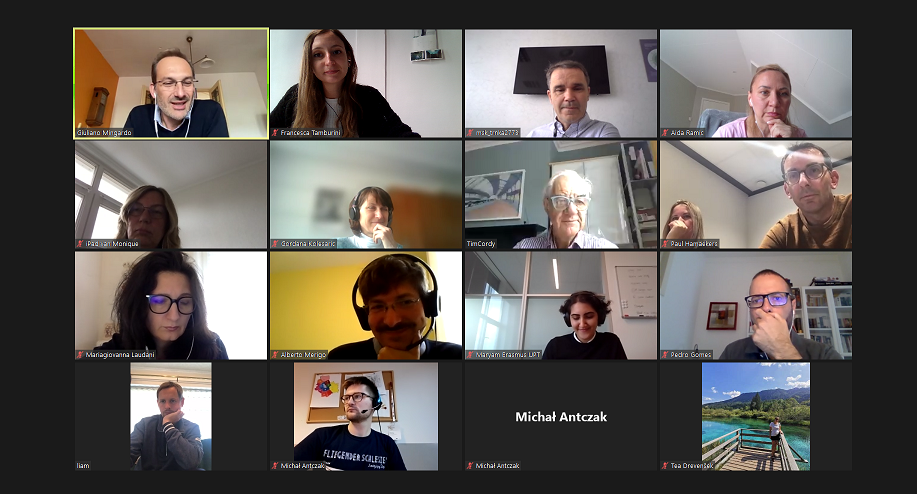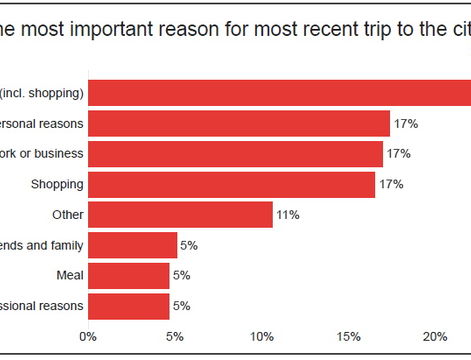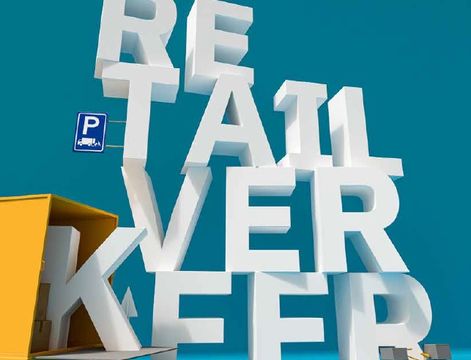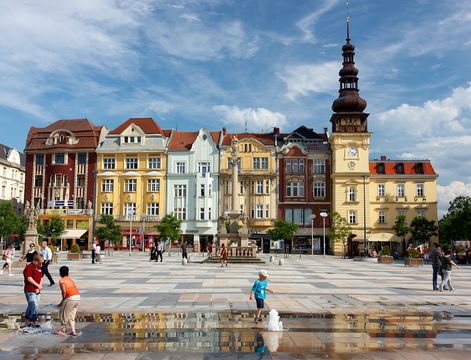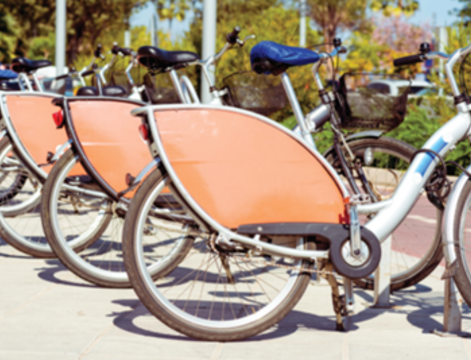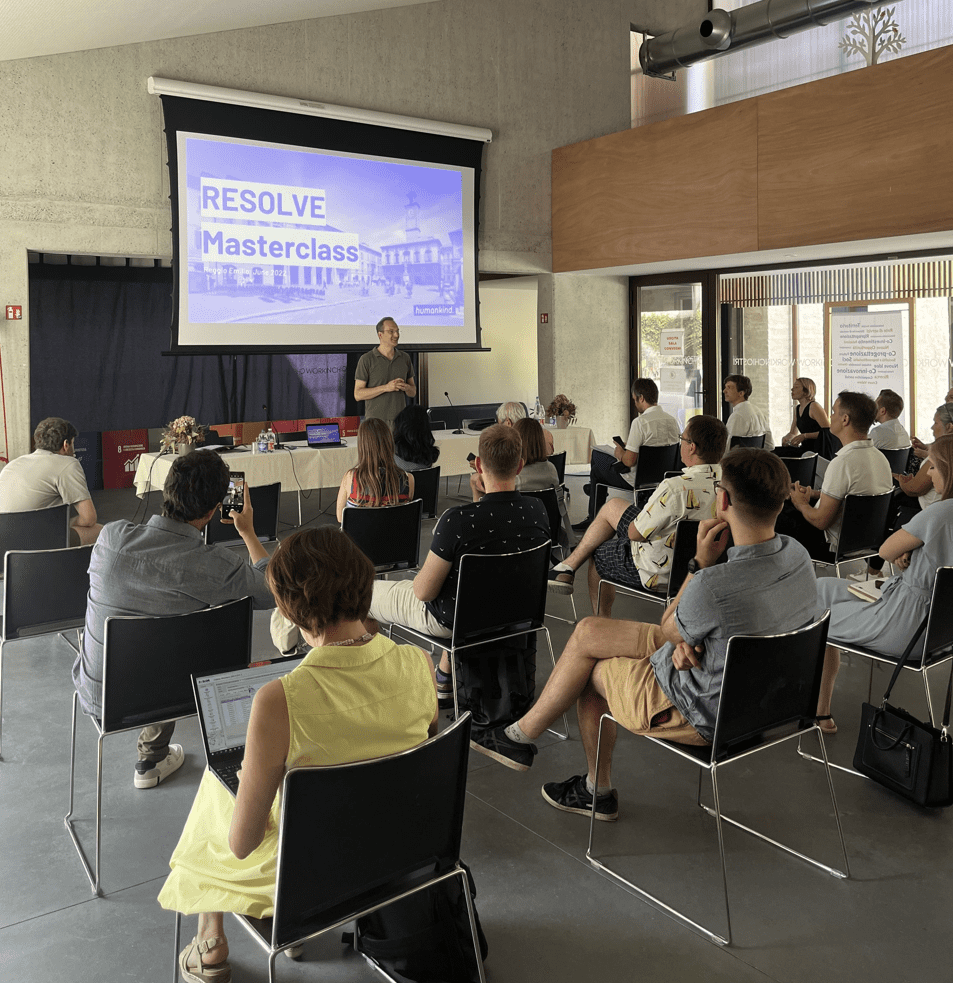3 questions to our partner Transport for Greater Manchester to understand what are the city's expected results thanks to the participation to RESOLVE.
1) How do you evaluate RESOLVE's first year? What have you learnt so far?
For TfGM the first year of the Resolve project has involved establishing local teams to identify issues and problems that the Resolve project may be able to solve. By setting up the external and internal stakeholder groups, we have been able to detect certain themes which were frequent across the retail sector. We will be looking to explore these initial ideas further throughout the next two years of the project. As well as establishing the priorities internally, we invited colleagues from the Resolve project across to Manchester to advise us further on how we could improve our city whilst reducing car dependency. This came in our Peer Review which took place earlier this year in January. These sessions proved very insightful for our stakeholder teams and gave us renewed focus for the lifespan of the project. Overall the first year of the Resolve project has been a learning process. We very much look forward to developing our knowledge capacity further and implementing initiatives which will make a real difference to the people of Greater Manchester.
2) Which is your main focus and which are the main RESOLVE activities at local level? Which will be the main outcomes of RESOLVE?
TfGM are investigating two main areas that the Resolve project can support and contribute to. The first area concerns engaging with occupiers of new housing developments in Greater Manchester and encourage them to travel in and around their locality in more sustainable ways. We are particularly interested in the ‘New Residents Welcome Kit’ project which has been developed by our colleagues in Almada. We hope to understand more about the methodology, implementation and marketing techniques of this initiative, with the view to initiating this in Greater Manchester.
We are also currently developing the area of freight and logistics. We are interested in the impact that the retail sector is having on freight movements. Over the coming year we will be rolling out a host of measures to reduce the impact of freight across Greater Manchester. The Resolve project is closely linked with this agenda and we hope to understand more about the successes of the different freight models, whilst identifying models that are applicable to Greater Manchester.
3) How do you see mobility in your city/region by 2021 and how will RESOLVE contribute to achieve these objectives and vision?
Greater Manchester has recently overseen a reshaping of its political structure, with the introduction of an elected mayor for the region. This means that transport powers have been devolved to the city-region for the first time. During the lead up to the Mayoral elections in May 2017, the incoming mayor announced in his manifesto that “Greater Manchester should be a place where everyone, regardless of age or economic circumstance, sees cycling as an accessible, safe and effective choice for short journeys. In the long-term, the more people we can get cycling, the more we will be able to reduce congestion and tackle air pollution. But, crucially, we will be encouraging people to live a more active life, leading to improved health and happiness. Together, let’s make Greater Manchester the best place to cycle in the country”. If as expected cycling promotion is pushed up the political agenda, Resolve will contribute significantly to the success of this. By observing the achievements of different cycling projects in other areas across Europe, Resolve will help us to identify which cycling initiatives could help to raise the profile of cycling in Greater Manchester. We are particularly interested in some of the great work which has been carried out in Reggio Emilia to promote cycling and some of the physical cycle infrastructure in Netherlands, as identified by colleagues at Roermond.
